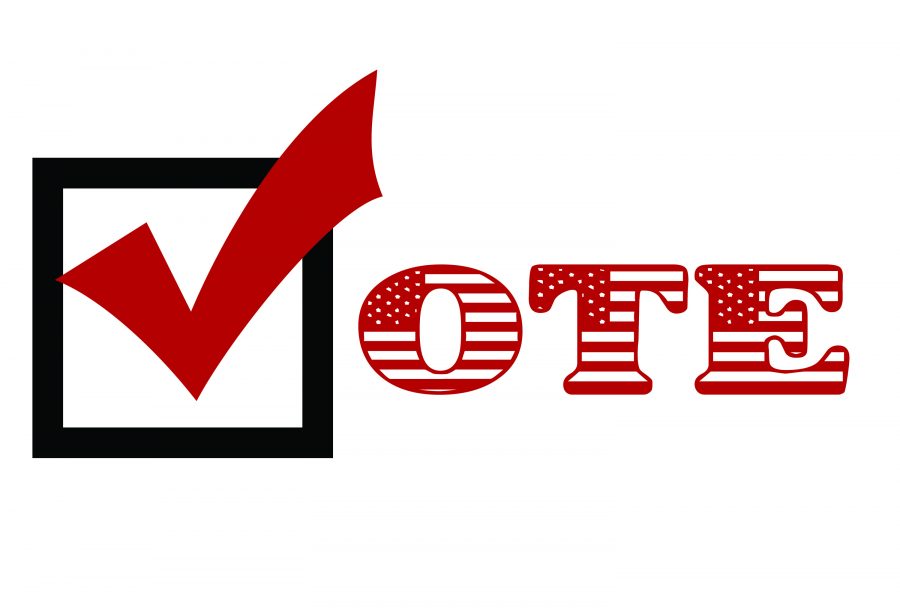A few days ago, I sent in my absentee ballot. Along with the presidential election, I also voted to decide a number of local races, from county council races to judgeships and school board seats, as well as a few proposed referenda. It’s these smaller races and decisions, the local ones, that have an outsized effect on the lives of their constituents. While a President Clinton or Trump could make sweeping changes to federal tax policy or repeal the Affordable Care Act, much of the day-to-day government services that we as students use come not from the president at the upper limit of the Executive Branch, but from the elected representatives in Tuscaloosa, Tuscaloosa County and the state of Alabama. Government touches our lives every single day, and it’s the zoning commissions, the library boards and the myriad other elected positions that control the places where we live. That’s why it is so important to have a say in local government.
I’ve watched my mother work for years in local politics, and I’ve seen the good that local politics can bring to people and communities. I’ve seen local politicians listen to their constituents and work hard to solve the problems that face the people they were elected to represent. Because they are a part of the same communities and face many of the same issues, local politicians are often knowledgeable, empathetic, effective leaders who can bring positive change to their community.
Local politics are also the most efficient way to make your voice heard on matters of policy. If you’re concerned about police brutality, arguably the best thing a concerned citizen could do is to elect politicians who support body cameras, which is a decision typically made at the local level. Although education is one of the most talked-about issues in national elections, more than 90 percent of school funding at the elementary or secondary level comes from local or state taxes. Think your taxes are too high? Most of them are set at the local or state level. Because so many important issues fall under the purview of state and local governments, not voting in local elections is ignoring the opportunity to make concrete, positive change in your community.
It would be a lie to say that the President is unimportant, but the people who can solve immediate problems are those closest to the voters. The best help is help that actually shows up, and it is much easier to get the ear of a state representative with 12,000 constituents than the President with over 300,000,000. And while the President might not care about the faulty streetlight, the county councilman who represents your district certainly does. Even if not out of duty to their constituents, these local politicians have smaller election margins and will work hard for every vote they can get. It’s difficult to get a response from a senator all the way in DC, but I bet that your local representative will answer your email. The best way to make sure that your local representatives care about you and fight for your causes and issues is to do your research and vote for who you want representing you and your community.
When state and local government are filled with good people, effective policymaking can happen. The states are known as “laboratories of democracy” because the structure of the federal government means that one state can “experiment” with an innovative new policy or initiative without spreading the risk of failure to other states. These local elections are where we choose the scientists for our labs. Without the forward thinking of local politicians in Massachusetts way back in 2003, would gay marriage have been legalized nationally in 2015? Local policies can do good on a smaller scale and serve as templates for federal legislation that affects millions of people.
Paying attention to local politics is hard. It’s easier to look at the variety of well-regarded sources that cover the presidential race than to find information on candidates for a judgeship or for sheriff of a small town, but difficulty is no excuse to be disengaged from something this important. Along with the numerous policy ramifications of local elections, your vote for state representatives can have national effects, as state legislatures usually control redistricting, and thusly, gerrymandering.
When you go vote in a couple weeks, I hope you do so having researched all the candidates on your ballot, not just those at the top of the ticket. From local representatives who set tax code to actual referenda where you can choose policy, looking down-ticket and voting for people and laws you believe in at all levels is the only way to ensure that your government is representing your beliefs and your values. In a system of government as large and complex as the United States of America, you only have so many ways to make your voice heard. Don’t ignore the one that could have the most impact. Vote informed. Vote local.
Danny Pelavin is a senior majoring in political science and history. His column runs biweekly.









